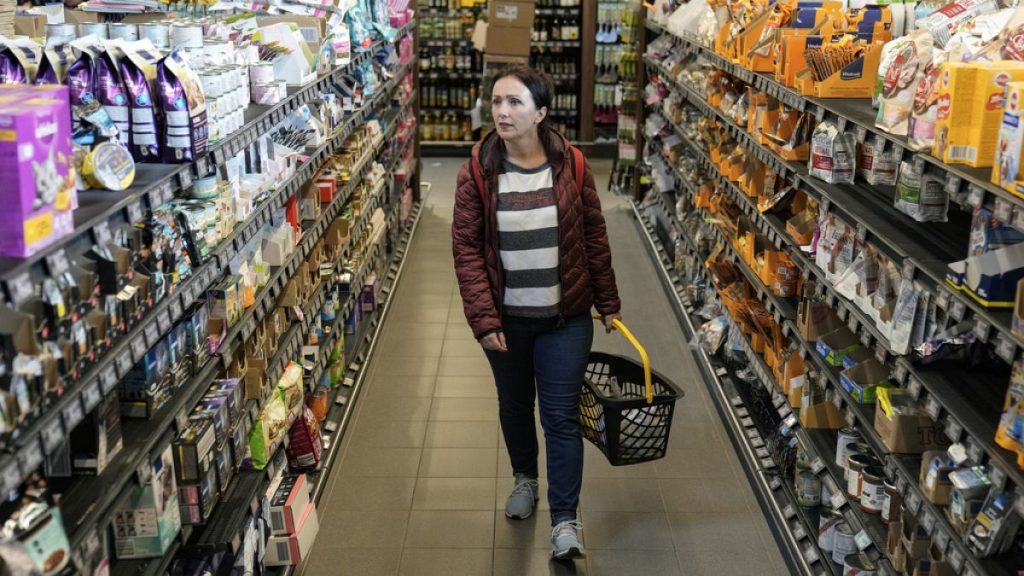Germany, Europe’s largest economy, is witnessing a significant downturn in consumer confidence, prompting households to prepare for austerity rather than boost private consumption. The Gfk Consumer Climate Indicator, which surveys around 2,000 individuals, has fallen sharply by 4.9 points to -23.3 according to the latest report, marking the lowest level of consumer expectations in seven months. This decline in sentiment is attributed to a variety of economic uncertainties, chiefly stemming from job losses in the automobile sector, one of Germany’s pivotal industries. The report indicated that consumers are now less optimistic about their income prospects, leading to a slight decline in their willingness to make purchases, while simultaneously showing a greater inclination to save. As the economy braces for a potentially bleak December, consumer outlook seems increasingly focused on financial caution rather than spending.
The survey data revealed that worries about job security, particularly due to anticipated layoffs in manufacturing and automotive industries, have dampened consumer optimism even further. For four consecutive months, Germans have expressed heightened fears about the overall economic situation. With private consumption accounting for roughly half of Germany’s GDP, this pessimism poses a significant threat to the nation’s economic stability as it tries to stave off recession. Furthermore, external factors like the anticipated shift in the U.S. administration’s trade policies, including potential tariffs on European goods, exacerbate the concerns over economic performance. As households prepare for tighter budgets, the ripple effects on the economy could be profound.
In tandem with the German experience, France is facing its own economic challenges, with consumer confidence in significant decline. Data from the French statistics office, INSEE, illustrates a deterioration in household confidence, as the consumer confidence index dropped from 93 in October to 90 in November, remaining below the long-term average of 100. This downturn mirrors the concerns prevalent in Germany, as French households grapple with expectations of rising prices coupled with an anticipated decrease in their financial well-being over the following year. The decline in the standard of living perceptions has reached its nadir since October 2023, compounding the sense of economic malaise.
Additionally, fears surrounding unemployment are intensifying in France, with indicators reflecting the peak levels of concern since May 2021. The apprehension about job security is particularly poignant in the context of the larger economic landscape, where both French and German consumers are feeling the impact of broader economic uncertainties and industry changes. The auto industry, integral to both economies, is a notable focal point of this anxiety, particularly as companies scale back operations or streamline workforces in response to shifting market demands and global competition pressures.
Both Germany and France’s economic outlooks reveal a troubling pattern of declining consumer confidence that is poised to impact private consumption significantly. Consumer spending is crucial for economic health, as it drives a substantial portion of GDP in these countries. With households increasingly inclined to save rather than spend, the implications for economic growth are concerning, particularly as both nations navigate toward potential recessionary conditions. The interconnectedness of European economies means that stagnation in one country can have knock-on effects in others, heightening the overall sense of caution among consumers.
In summary, the economic climates in Germany and France illustrate a growing wave of uncertainty as consumer confidence falters in the face of potential job losses and rising living costs. Both countries are reaching critical junctures where spending is expected to decline, fueled by increasing worries about personal economic stability. As consumers adopt more cautious financial behaviors, policymakers in both nations may need to consider targeted interventions to bolster consumer confidence and stimulate economic activity, lest the downward trends translate into more profound recessive impacts in the Eurozone region.














